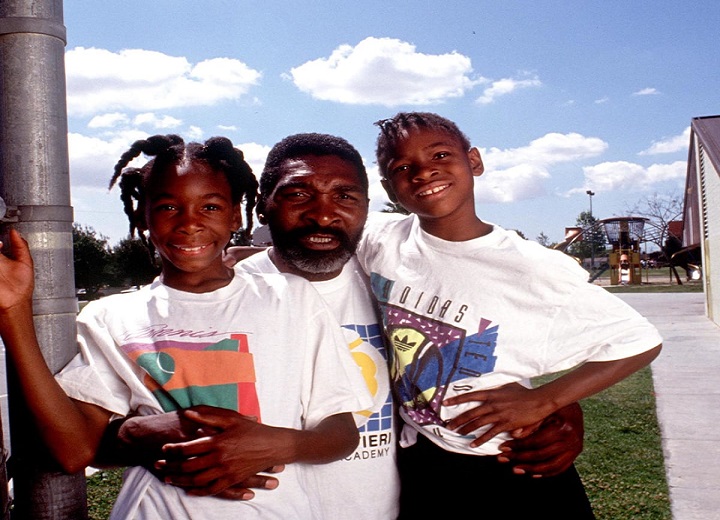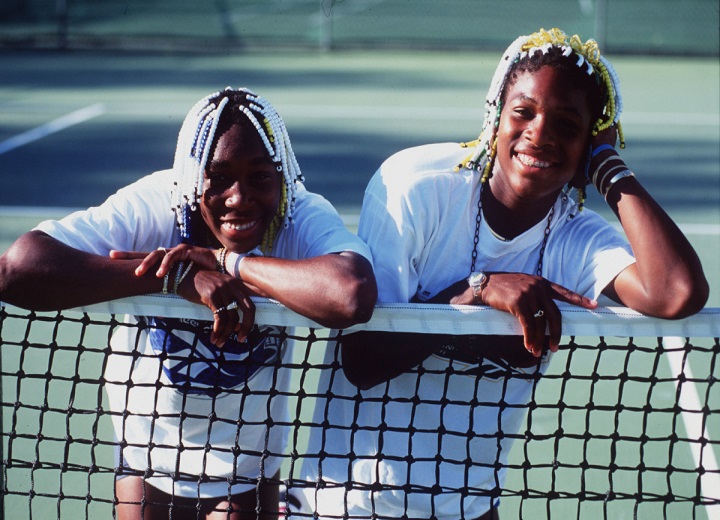In the tough streets of Compton in the late 1980s, a crowd of school children hurled insults at two young black girls, whose father happily watched. The city, in Los Angeles County, was riven with internecine gang warfare at the time, and verbal conflict could quickly escalate to violence.
Yet this was not one of Compton’s then-common violent scenes. For a start, the schoolkids had been bused in specifically to the local tennis courts.

This was Richard Williams doing his worst to toughen up his beloved daughters Venus and Serena, who in just a few years would begin their domination of women’s tennis.
“In order to be successful, you must prepare for the unexpected — and I wanted to prepare for that.,” Williams recalls in an interview with CNN’s Open Court, explaining why he let the girls be exposed to such abuse. “Criticism can bring the best out of you.”
On one occasion, he says local gang members tried to intervene, having been so unsettled by what they were seeing. It was “everything that white people shouted,” the 79-year-old explains.

“When (they) came to me and said, ‘You can’t talk to Venus in that way … I said, ‘Watch out. I’m going to do what I want to do.’ “Criticism is one of the greatest things, I think, that we’ve been trained to live through.”
Richard Williams was no stranger to racism. Growing up in Shreveport, Louisiana, in the 1940s and ’50s, he says he witnessed a friend being lynched.

Venus and Serena Williams in 1998
Another died after being run over by a white woman who claimed it was the victim’s fault. “There was no investigation, there was no police car,” he says. “But that was life. I was close to being killed so many times. A hell of a lot of times.”